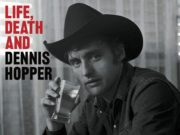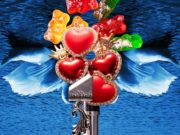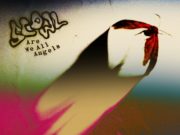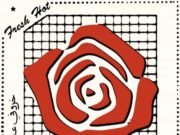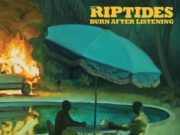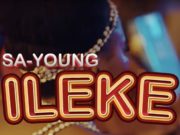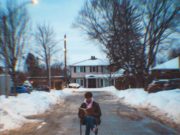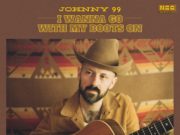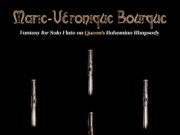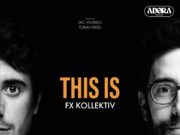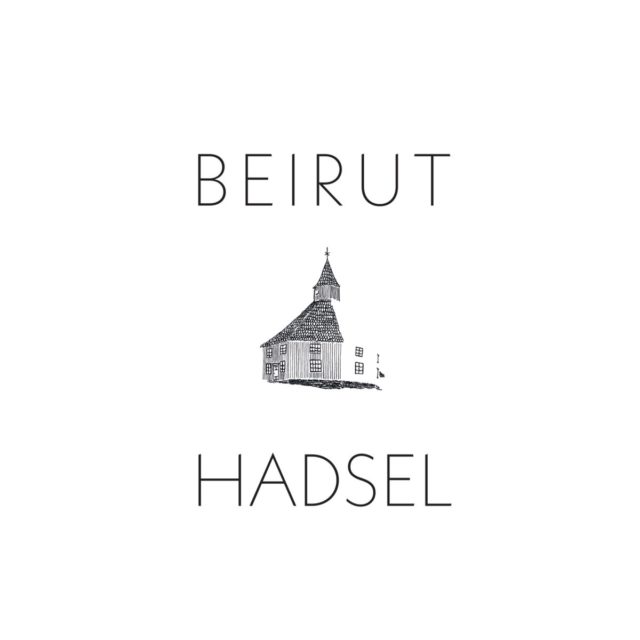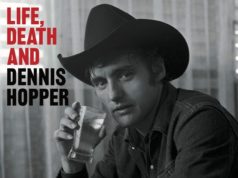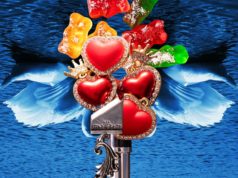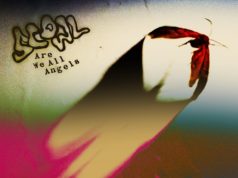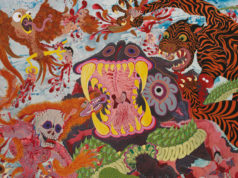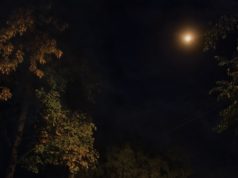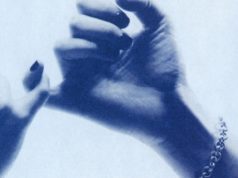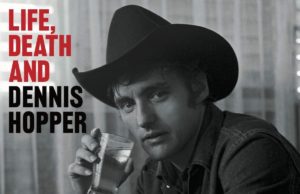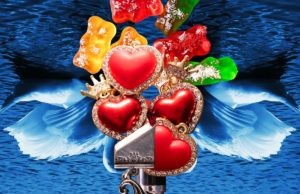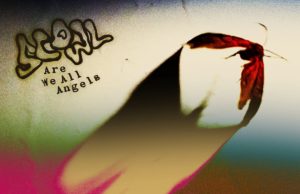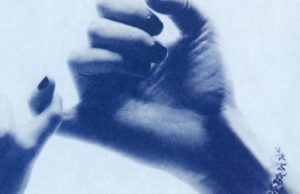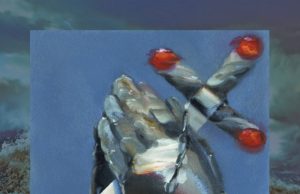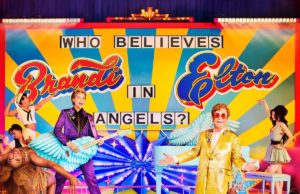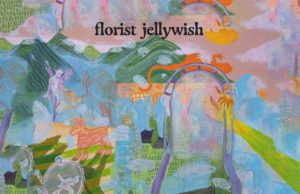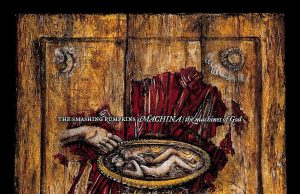THE EDITED PRESS RELEASE: “After the fiasco of having to cancel large parts of the tours in 2019 I was looking for a place to recover,” recalls Beirut founder and frontman Zach Condon. “I had started that year full of optimism, hoping that I had made enough changes to my life to handle the road this time. In the end my own body, through persistent throat issues, had proven me wrong.
“I was left in a state of shock and severe self-doubt, feeling like I had let down not only thousands of fans but also my band and myself. I began to question if my voice would ever fully recover, or if I would even be able to play shows again and what that meant for my career. I just wanted to escape. The darkness of winter had always been a solace to me in times past. Seeking the most extreme version of that, I dreamt of going to a small cabin in the dark arctic winter where the sun never rises above the horizon.
“In the first days of 2020, I arrived on Hadsel, an island in the middle of Vesterålen, far up in the northern part of Norway. The cabin I rented had a beautiful view of the mountains and water but my personal highlight was that it came complete with a pump organ on “infinite” loan from an organ-loving neighbor. This unique instrument is what had inspired me to bring my studio with me, a nightmare transit process that I was too stubborn to avoid. Besides the usual recording equipment, a set of small monitors, an old portable Austrian tape machine, my ever-present trumpet, and some winter clothes, I decided to also take two large rigs of modular synthesizers complete with a midi keyboard controller with me. In the years prior I had been teaching myself how to navigate these old analog machines which had become a new obsession of mine. This amounted to about five or six overweight suitcases in total. How I thought of this as a form of retreat and rejuvenation I will never know. I believe at this point my friends and family were convinced I had lost my mind, or would do so in the polar night.
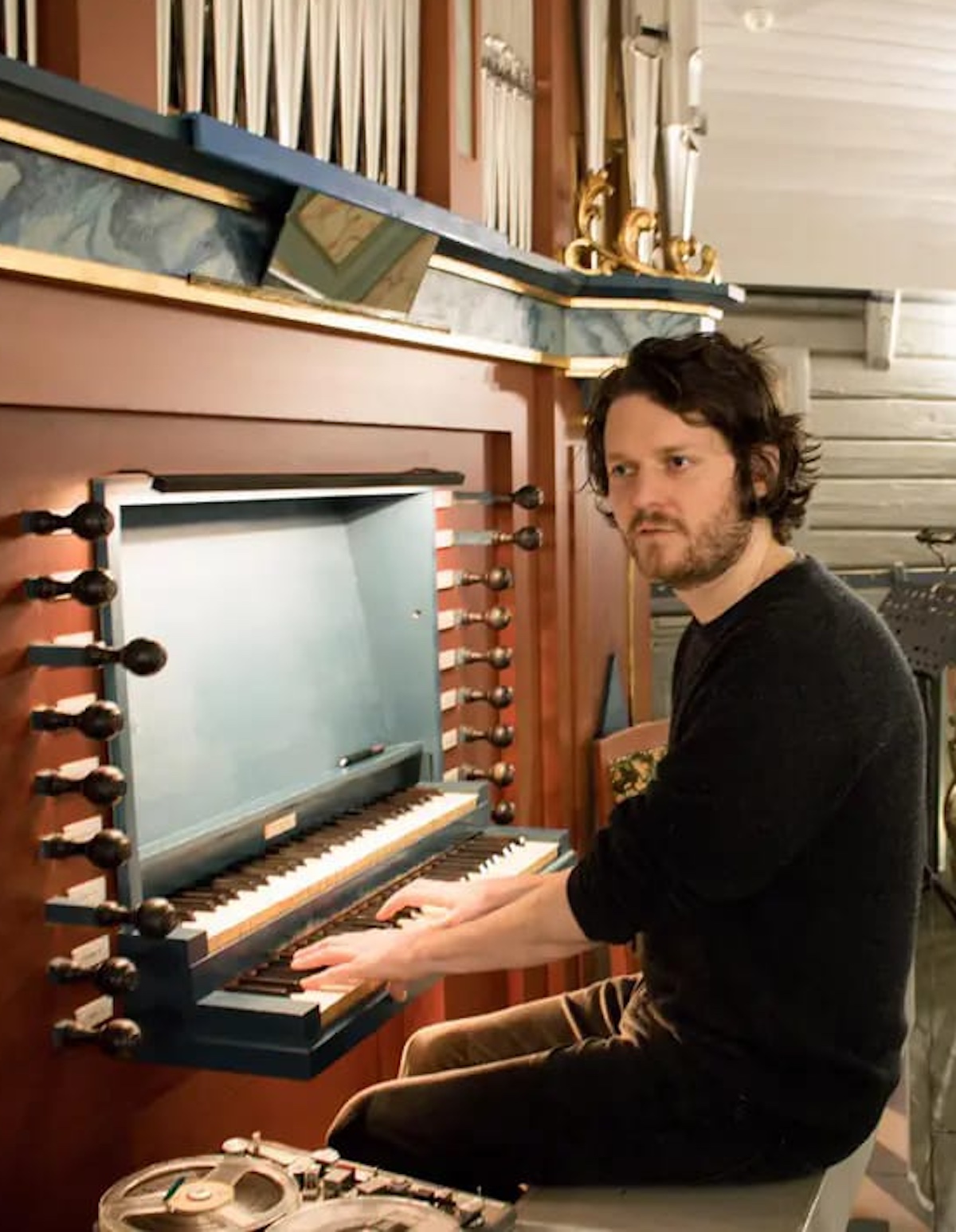
“In my time there I became friends with some of the families who lived in the nearby houses and was introduced to the fellow organ-enthusiast and collector named Oddvar. Being one of the stand-in organists, he was able to give me access to the local church down the road. So it was in Hadselkirke, a beautiful octagonal wood construction from the early 1800s, where for the first time in my life I sat at the keys of a real church organ. For the following two months I would come and go from the church with my microphones and tape machine, working out songs through the dark and snowy nights.
“I worked hard on the music, lost in a trance and stumbling blindly through my own mental collapse that I had been pushing aside since I was a teenager. It came and rang me like a bell. I was left agonising many things past and present while the beauty of the nature, the northern lights and fearsome storms played an awesome show around me. The few hours of light would expose the unfathomable beauty of the mountains and the fjords, and the hours-long twilights would fill me with subdued excitement. I’d like to believe that scenery is somehow present in the music.
“By the time I returned to Berlin, the world closed down on itself for Covid lockdowns. To me that was simply an invitation to hunker down in my attic studio / apartment in Lichtenberg to finish what I started in Norway. I rediscovered the baritone uke, an instrument I had bought but never really used before, as a perfect accompaniment for the warm pump organ drones. Now finally having a proper studio space again, I had my French horn along with other instruments shipped out from storage in New York to add to the sound. And that’s when Hadsel started to take shape. Where I normally may have called on the band for help fleshing out the songs, I instead decided on returning to the DIY approach of my first record, layering hand drums and shakers on top of old drum machines and the strange synth percussion sounds I had created in Norway. I determined a course of self-reliance to be best, partly due to Covid’s interference in travel, and partly to prove to myself I could somehow manage on my own again.”


